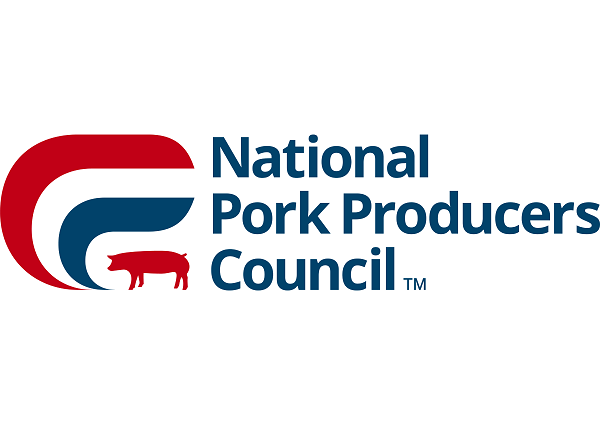
In a recent development, the National Pork Producers Council (NPPC) has submitted crucial feedback to the National Security Commission on Emerging Biotechnology (NSCEB), shedding light on significant concerns within the pork industry regarding the oversight of livestock biotechnology products. The NSCEB is currently soliciting recommendations to establish a comprehensive oversight system for products developed through biotechnology, including gene editing.
The existing regulatory landscape, with the U.S. Food and Drug Administration (FDA) at the helm despite its limited expertise in livestock, has drawn criticism from the NPPC. One of the primary issues highlighted is the approval process for new biotechnologies, which is characterized by lengthy timelines, narrow approval scopes, and substantial costs. For instance, it was reported that a single agricultural research company invested three years and $300,000 to secure approval for just five genetically engineered swine.
Proposing a viable alternative, the NPPC advocates for transferring regulatory authority over livestock biotechnology to the U.S. Department of Agriculture (USDA). With its existing oversight of genetic technologies in plants and its comprehensive mandate within the livestock industry, the USDA is seen as better positioned to regulate biotechnology under established acts such as the Animal Health Protection Act, the Federal Meat Inspection Act, and the Poultry Products Inspection Act.
The stance of the NPPC underscores a broader sentiment within the U.S. pork production sector regarding the untapped potential of biotechnology. Industry stakeholders view biotechnology as a critical tool in addressing prevalent animal health issues like porcine reproductive and respiratory syndrome (PRRS), while also offering avenues for improving animal welfare standards, promoting responsible antibiotic use, and enhancing sustainability practices.
The implications of this advocacy are significant, as a shift towards USDA oversight could potentially streamline regulatory processes, foster innovation, and facilitate the widespread adoption of biotechnology within the food animal production sector. As the NSCEB continues its deliberations, the input provided by the NPPC serves as a vital contribution towards shaping the future regulatory framework for livestock biotechnology in the United States.





